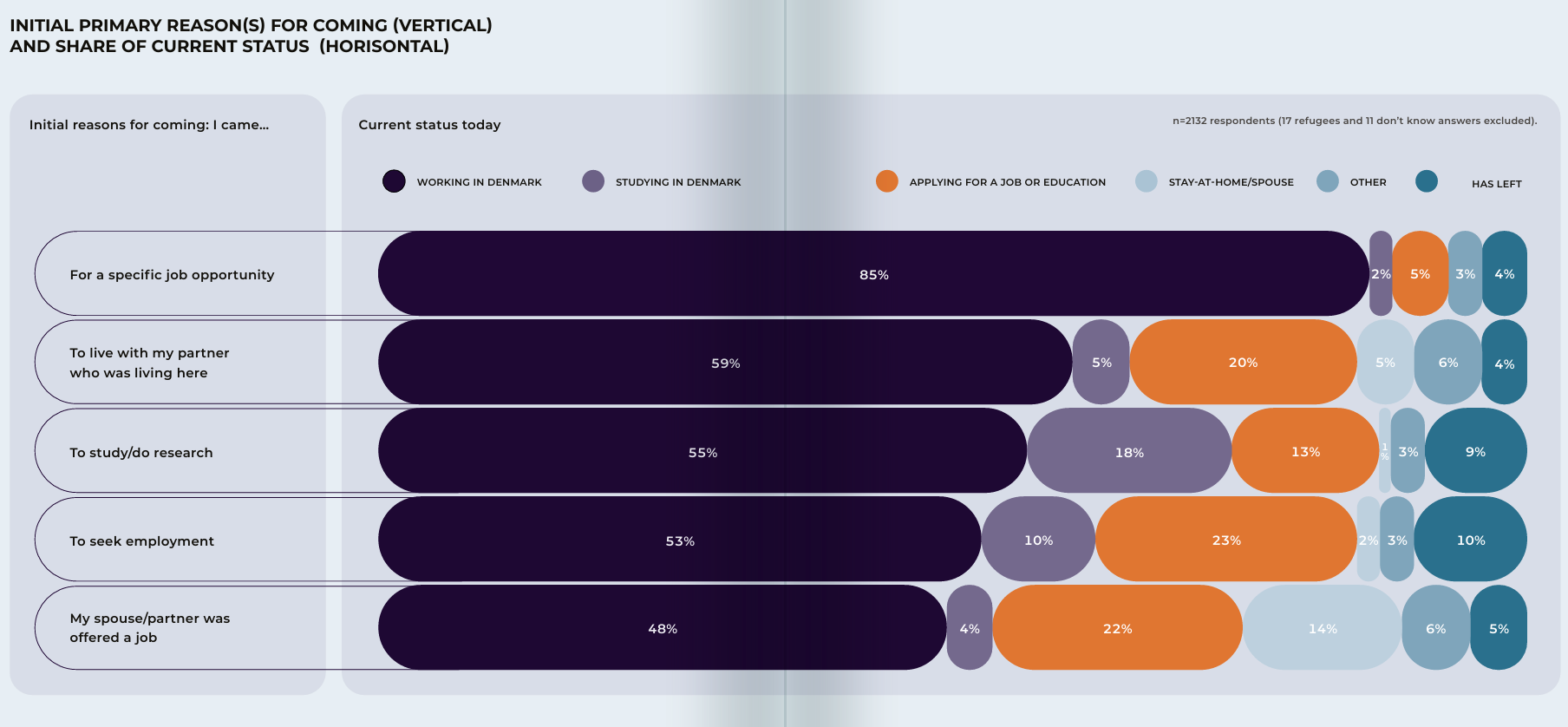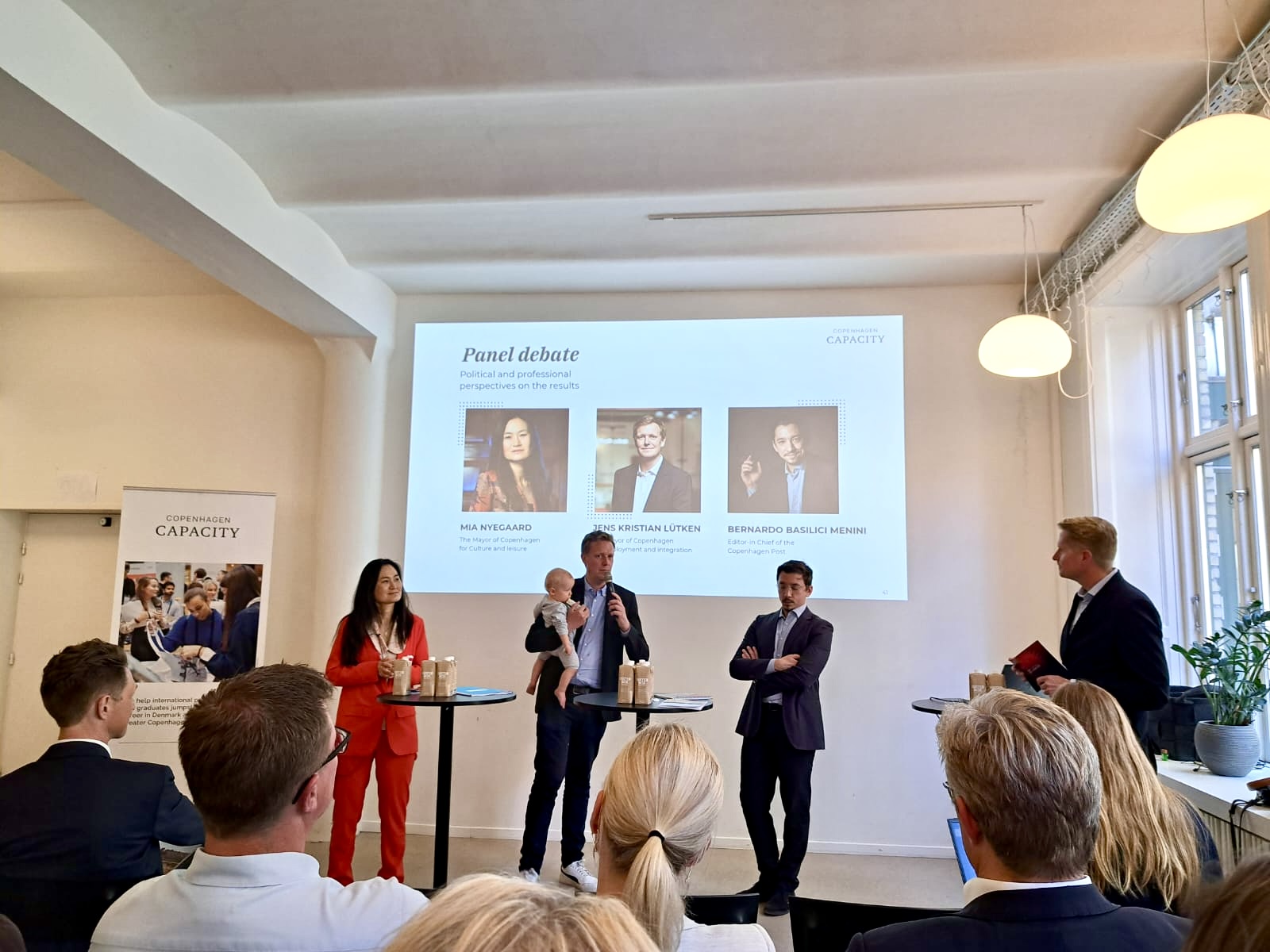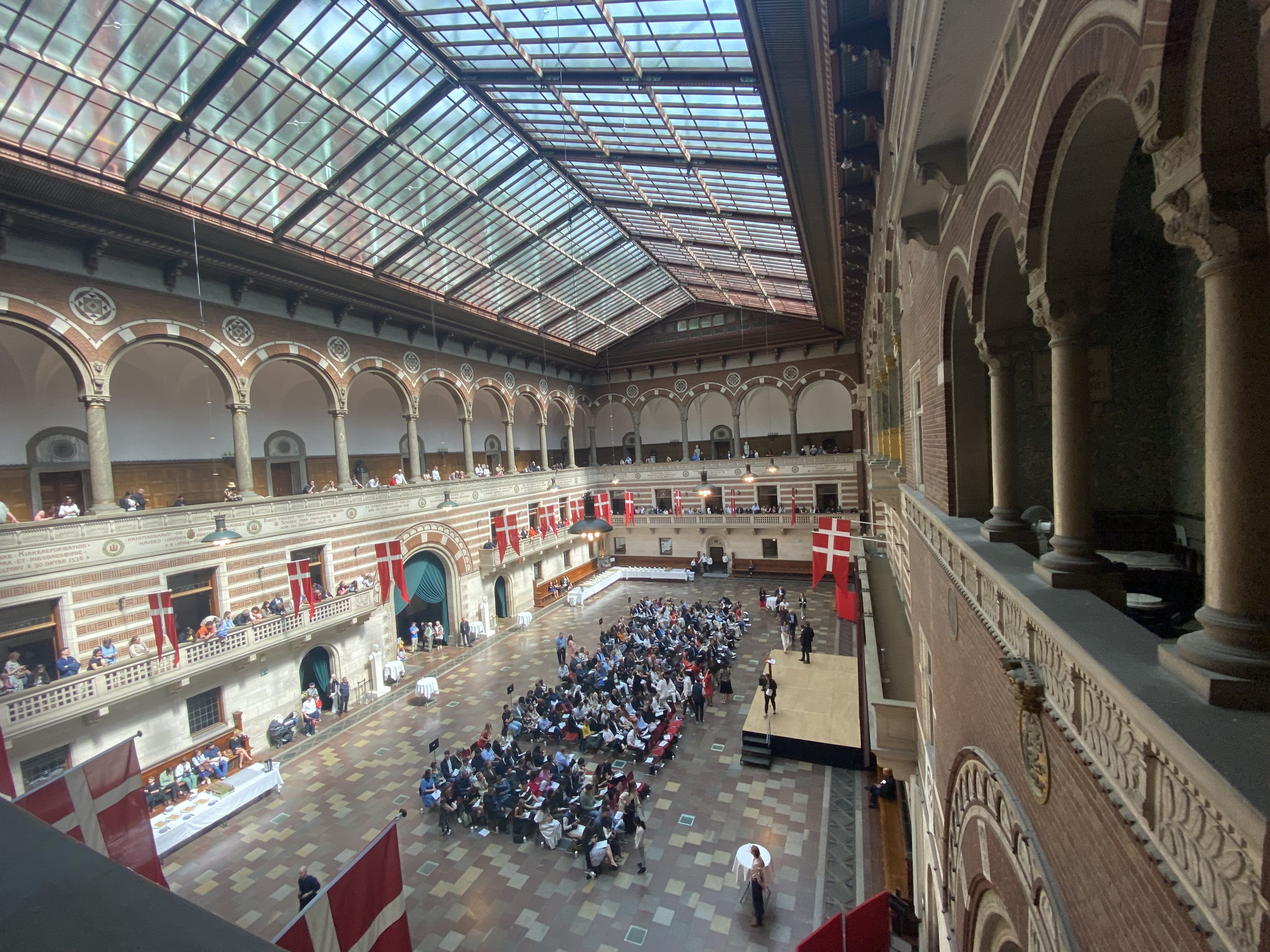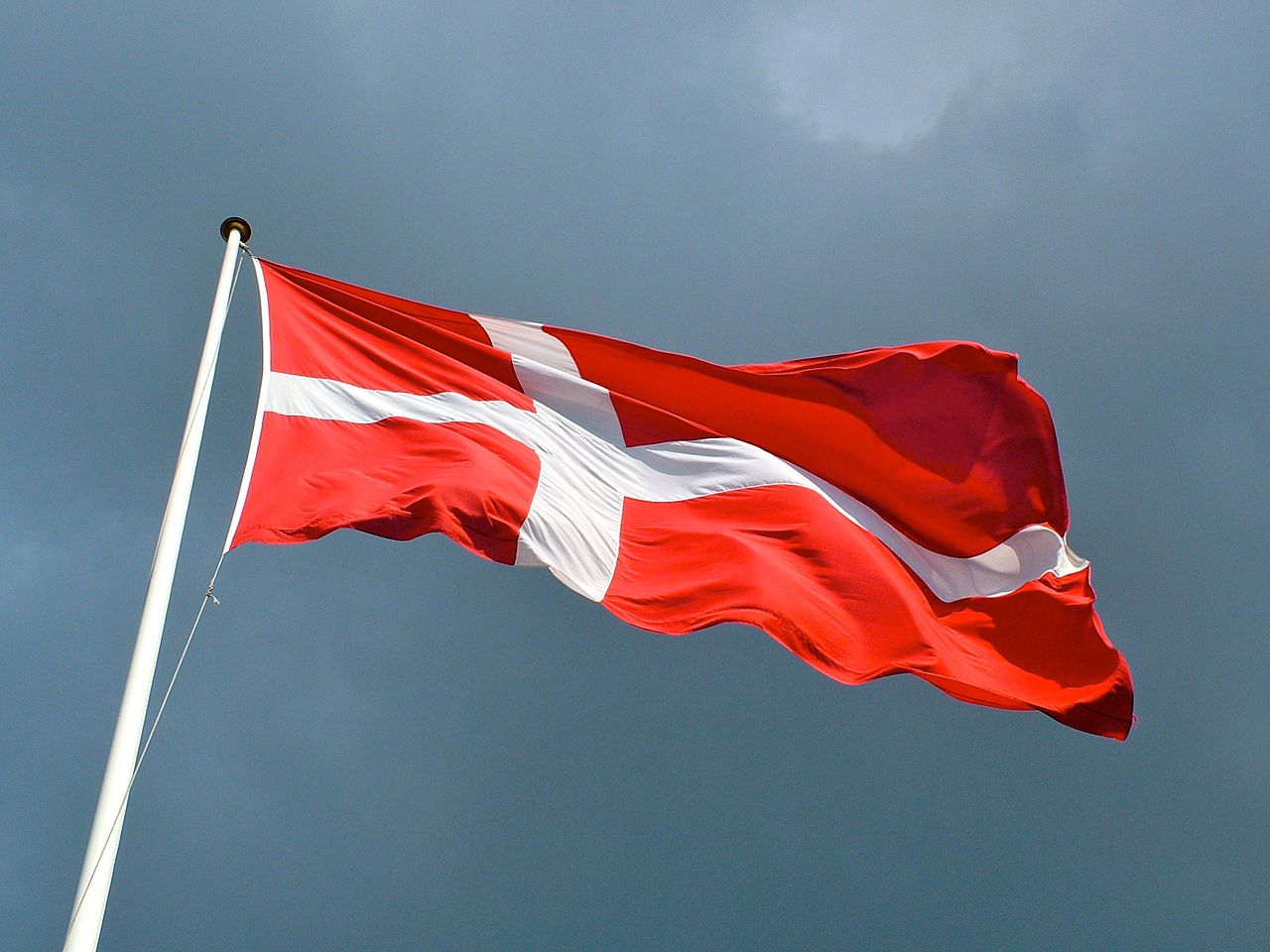The ongoing gang violence in Copenhagen is placing police departments under enormous pressure, resulting in millions of kroner of overtime and hundreds of neglected cases.
According to the national police, Rigspolitiet, since January there have been 36 shootings resulting in three deaths and 23 injuries, while 2,000 people have been searched in stop-and-search zones leading to the arrests of 112 people and the confiscation of a large amount of ammunition and weapons.
But while the gang war rages, crime statistics actually show that violent crimes and burglaries are dropping, leading the justice minister, Morten Bødskov (Socialdemokraterne), to praise the police’s efforts.
“The police are doing a fantastic job,” Bødskov told Berlingske newspaper. “We can see it from all the statistics. We owe all the police a pat on the back because it’s a difficult situation.”
Rigspolitiet’s chief of police, Jens Henrik Højberg, confirmed the falling crime statistics, but added that the gang war meant that police have to pick their battles.
“It’s clear that we have to prioritise because of the gang conflict,” Højberg said. “We have to adjust the heat when necessary.”
But questions have been raised by police union representatives who argue that the crime statistics cannot always be trusted.
“I know that there are many cases that ought to be recorded as street robberies or assault, for example, but are instead recorded as ‘investigations’,” Johan Kofod, the union representative for the investigative unit at Copenhagen Police, told TV2 News. “That means the case does not appear in the crime statistics.”
Kofod added that cases are often first attributed to a specific type crime only once a suspect has been found, meaning they can then immediately be considered solved.
“It’s creative bookkeeping. That’s why the statistics look how they do. The Justice Ministry chooses to believe in a superficial image drawn by police management, but that image is contradicted by reality,” Kofod said.
The chief of Copenhagen Police, Thorkild Fogde, responded by denying that there was any pressure to fiddle with crime numbers.
“I am surprised by [Kofod's] statements,” Fogde told TV2 News. “It’s not anything I have been told about so it’s strange that the union representative is coming forward in the press rather than coming to talk to us. There is a focus on goals and results, but to me as police chief, they are not so important that they would force us to start registering crimes incorrectly.”
Crime numbers may start creeping up anyway as the police are forced to reprioritise their resources to tackle the surge in violent crime brought about through the gang conflict.
The Copenhagen Vestegn district has had to disband a special 20-person burglary investigation unit that helped cut the numbers of reported burglaries by ten percent last year. The officers were pulled to work on gang crime and solving the arson attacks that have plagued Albertslund over the past six months, leaving a limited workforce to solve other non-violent crimes.
“In our department of special investigations, there are 500 cases of economic crimes such as fraud and internet crime that are sitting on a shelf,” Jørgen Jensen, the chairman of the 600-member Copenhagen Vestegn Police union, told Jyllands-Posten newspaper. “The cases don’t have case workers and we are largely leaving them untouched for the time being. We are only looking at the worst, but it means that there are many victims who aren’t having their cases investigated.”
The national police have promised 20 million kroner to Copenhagen Vestegn Police to pay for overtime, while Copenhagen Police have received six million kroner.
But with the government not promising any additional police funding, opposition party Venstre argues that the police should be allowed to lessen their efforts in some areas.
“We are ready for a political discussion about which jobs the police cannot handle,” Venstre's legal spokesperson, Karsten Lauritzen, told TV2 News. “For example they could reduce traffic control, instead of increasing it, during this period of high pressure.”











